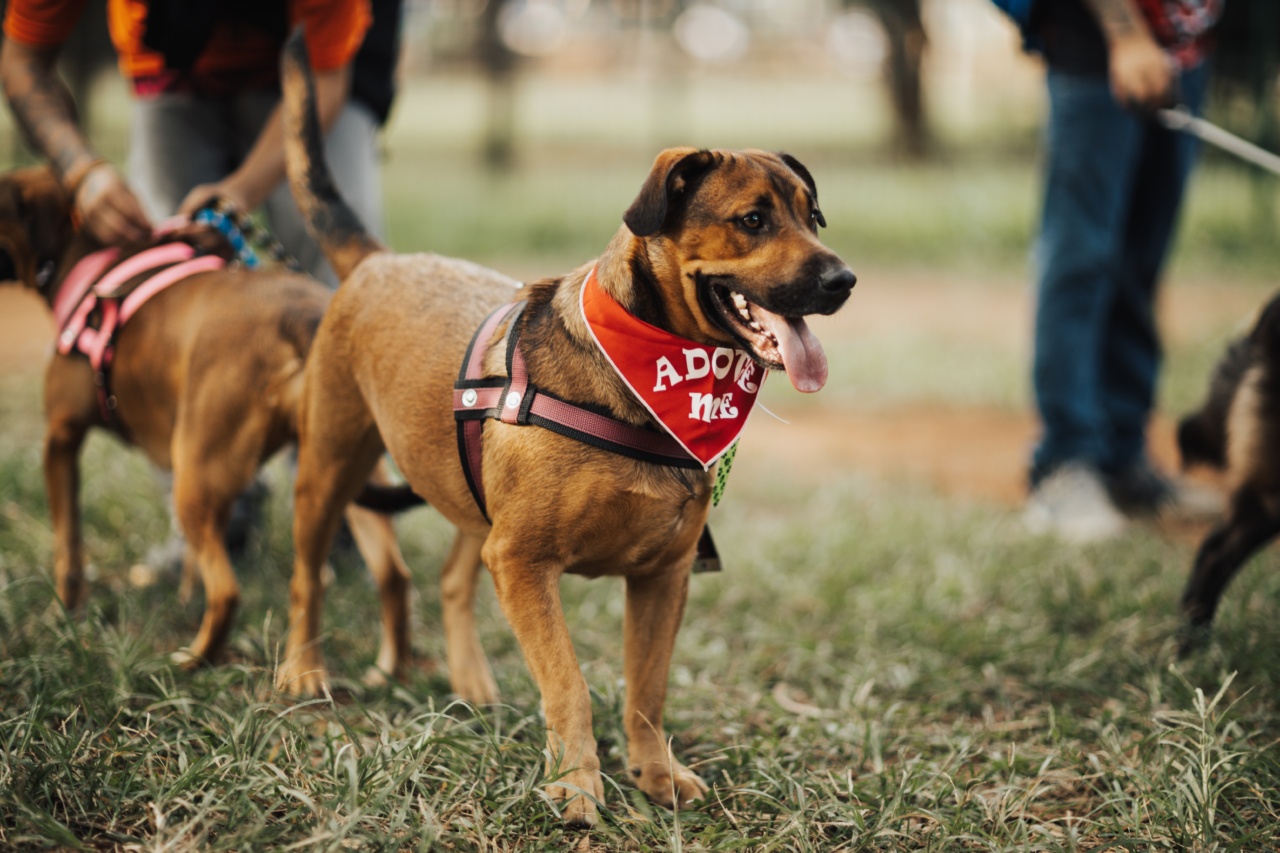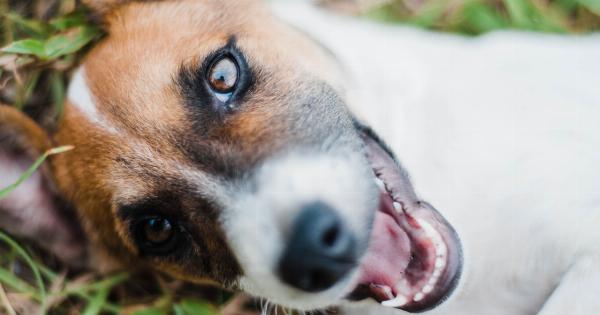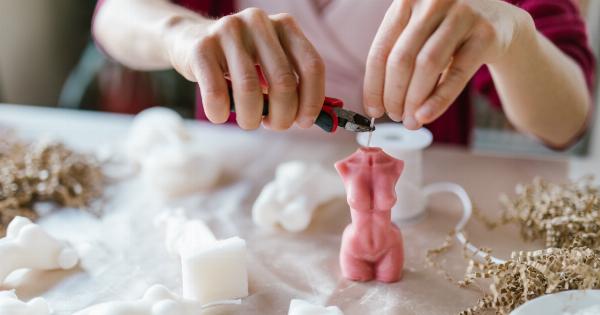Dogs are known for their love of chewing on various items, from toys to furniture and everything in between. Many dog owners have experienced the frustration of coming home to find their possessions destroyed by their furry friends.
However, it’s important to understand that chewing is a natural behavior for dogs and can serve many different purposes. Here are the most common reasons why dogs chew on things:.
1. Teething
Just like human babies, puppies go through a teething phase that can be very uncomfortable. Chewing helps to relieve the pain and discomfort caused by incoming teeth.
Providing your puppy with plenty of appropriate chew toys during this stage can help to redirect their chewing behavior and protect your belongings.
2. Boredom
Dogs who are bored and unstimulated may turn to chewing as a way to relieve their frustration. Especially if you have a high-energy breed, it’s important to provide plenty of exercise and mental stimulation to prevent destructive chewing.
Puzzle toys, interactive games, and daily walks can all help to keep your dog entertained and satisfied.
3. Anxiety and Stress
Chewing can also be a coping mechanism for dogs who are feeling anxious or stressed. Separation anxiety, in particular, can cause dogs to chew on items as a way to soothe themselves in their owner’s absence.
Addressing the underlying anxiety through training and behavioral modification techniques can help to reduce this type of destructive chewing.
4. Curiosity
Dogs are naturally curious creatures and may chew on things simply to explore their environment. This type of chewing is more common in puppies but can also occur in adult dogs.
Keeping dangerous items out of your dog’s reach and providing plenty of safe and appropriate chew toys can help to redirect this behavior.
5. Hunger
If your dog is not getting enough food or is not being fed on a regular schedule, they may resort to chewing on non-food items as a way to satisfy their hunger.
Make sure your dog is receiving a balanced and appropriate diet and is being fed at regular intervals to prevent this type of chewing.
6. Dental Health
Chewing can also be important for maintaining your dog’s dental health. It helps to clean their teeth and massage their gums, which can reduce the risk of tooth decay and gum disease.
Providing appropriate chew toys, such as dental chews, can help to support your dog’s dental hygiene.
7. Attention Seeking
Some dogs may resort to chewing on items as a way to get their owner’s attention. If your dog is feeling neglected or ignored, they may resort to destructive behavior as a way to get you to engage with them.
It’s important to address any underlying issues with attention and provide plenty of positive reinforcement for good behavior.
8. Lack of Training
Dogs who have not been properly trained may not understand which items are appropriate to chew on and which are not. This can lead to destructive chewing behavior if they are left unsupervised or if they are not provided with appropriate chew toys.
Proper training and positive reinforcement can help to prevent this type of behavior.
9. Poor Discipline
If your dog has not been properly disciplined for inappropriate chewing behavior, they may continue to engage in this behavior without a clear understanding that it is not acceptable.
Consistent and appropriate discipline, such as redirection or positive reinforcement, can help to deter destructive chewing.
10. Medical Issues
In some cases, chewing can be a sign of underlying medical problems such as dental pain or gastrointestinal issues.
If your dog suddenly starts chewing on things they have never shown interest in before, it’s important to have them evaluated by a veterinarian to rule out any health issues.
Conclusion
Chewing is a natural behavior for dogs and can serve many different purposes. Understanding the underlying reasons for your dog’s chewing behavior can help you to address it effectively and prevent damage to your belongings.
Providing appropriate chew toys, engaging in regular exercise and mental stimulation, and addressing any underlying behavioral or medical issues can all help to reduce destructive chewing in your dog.





























